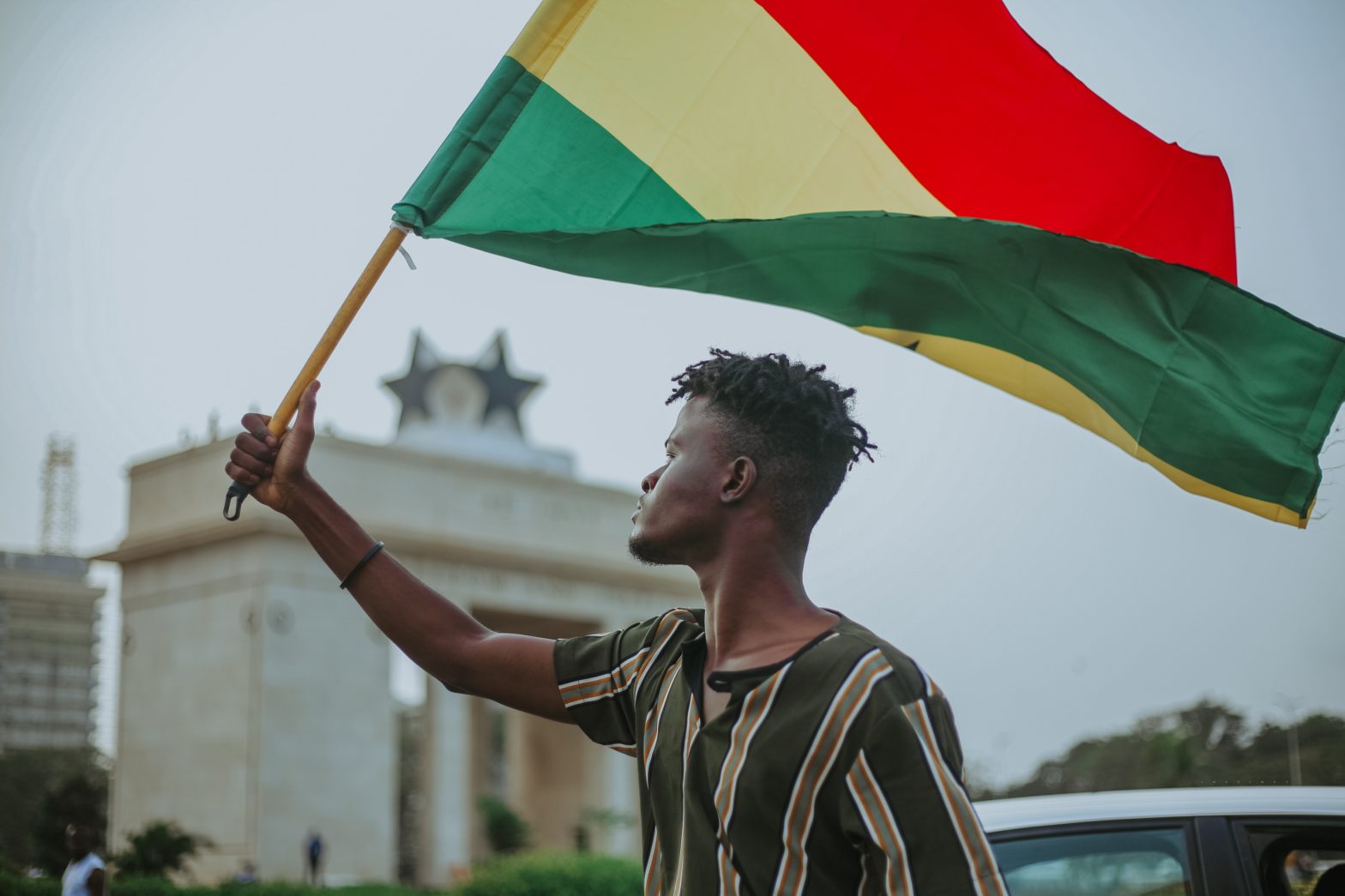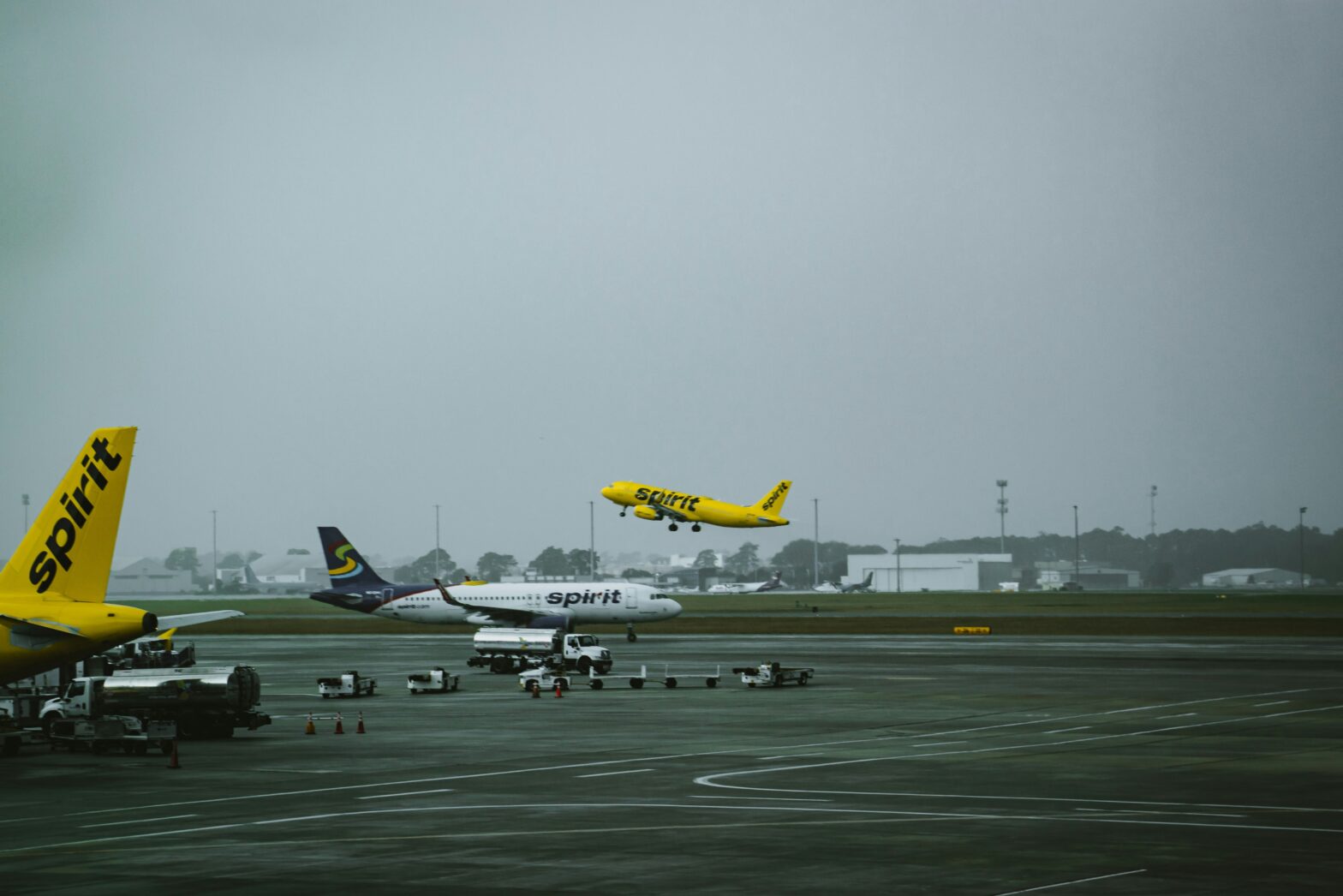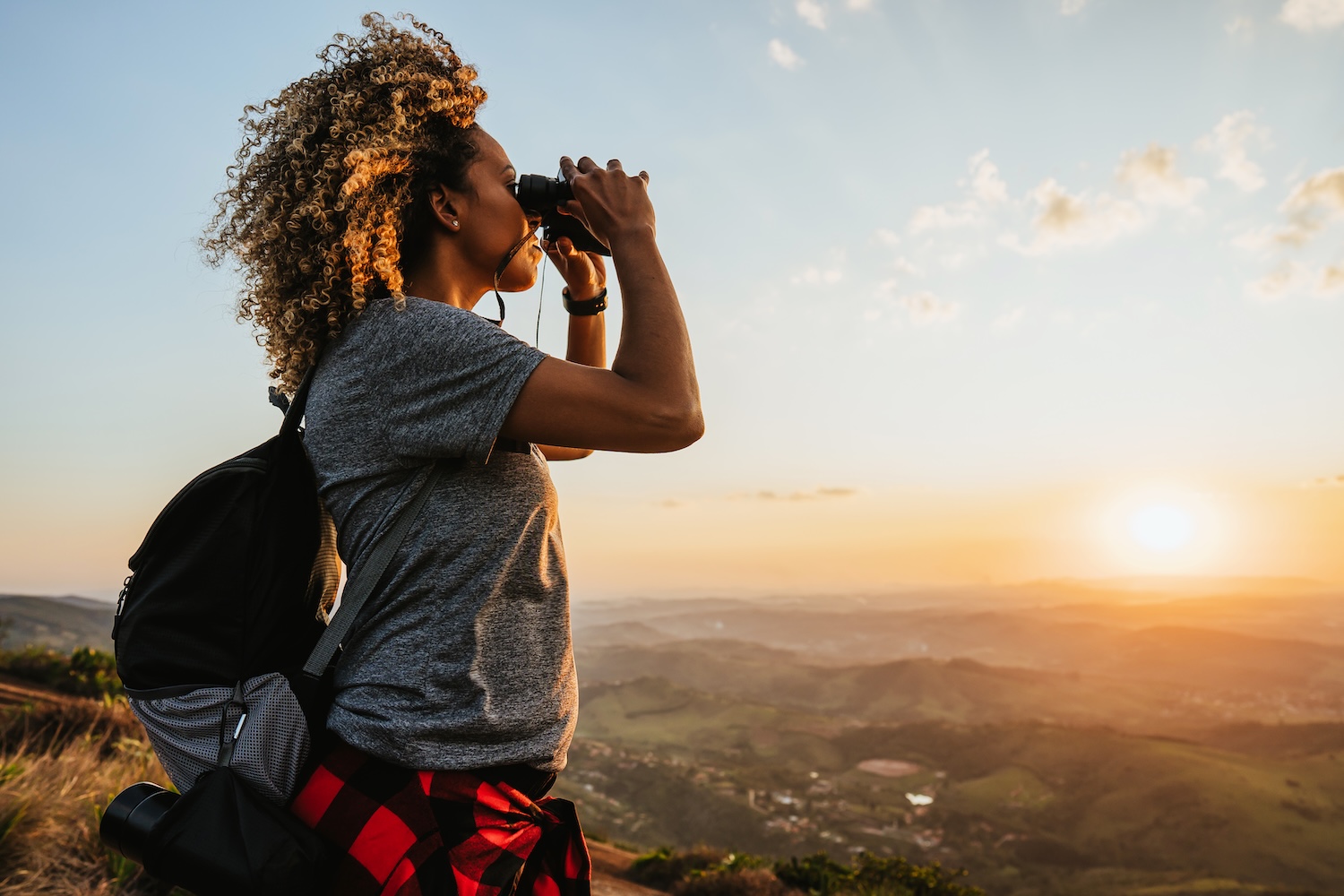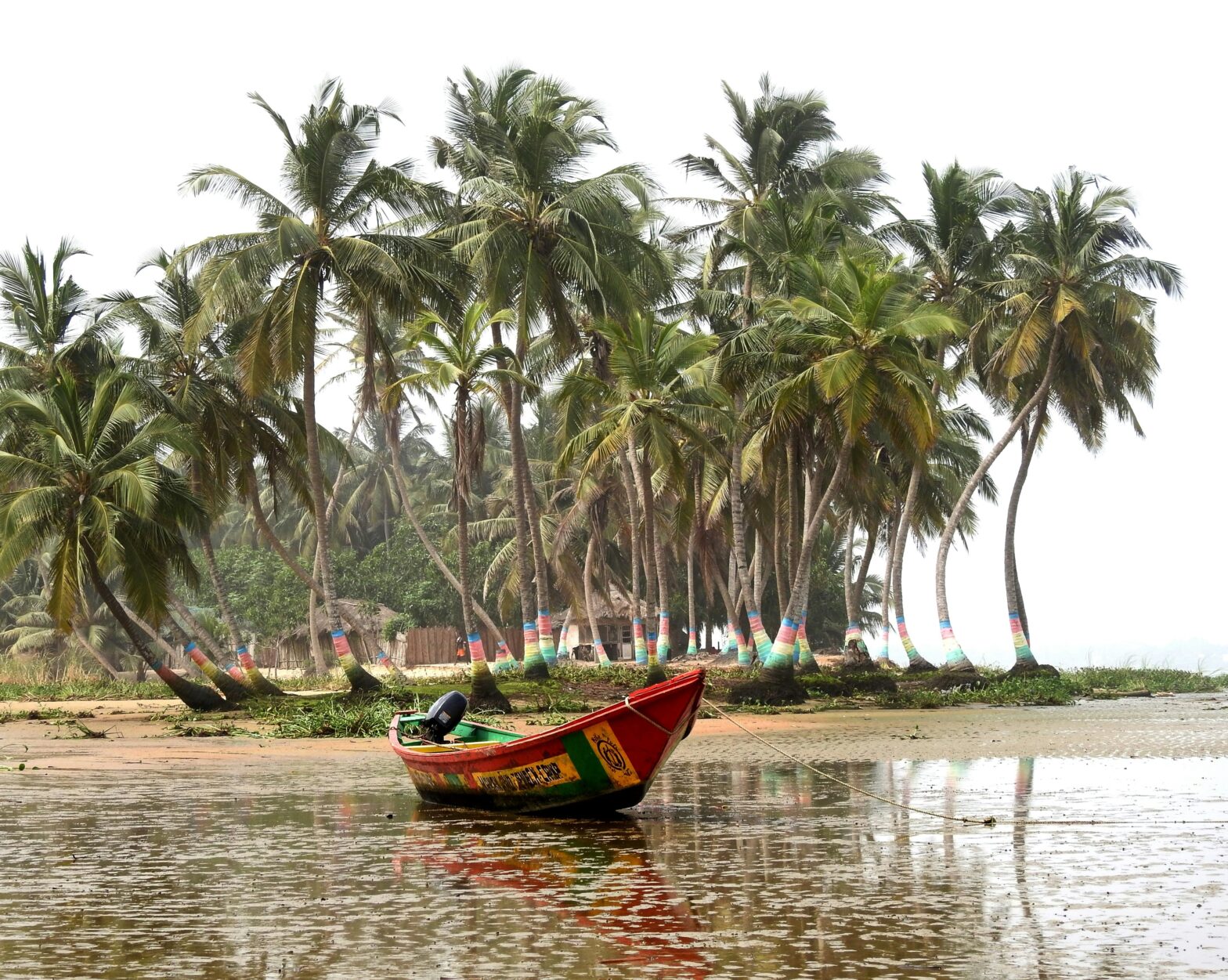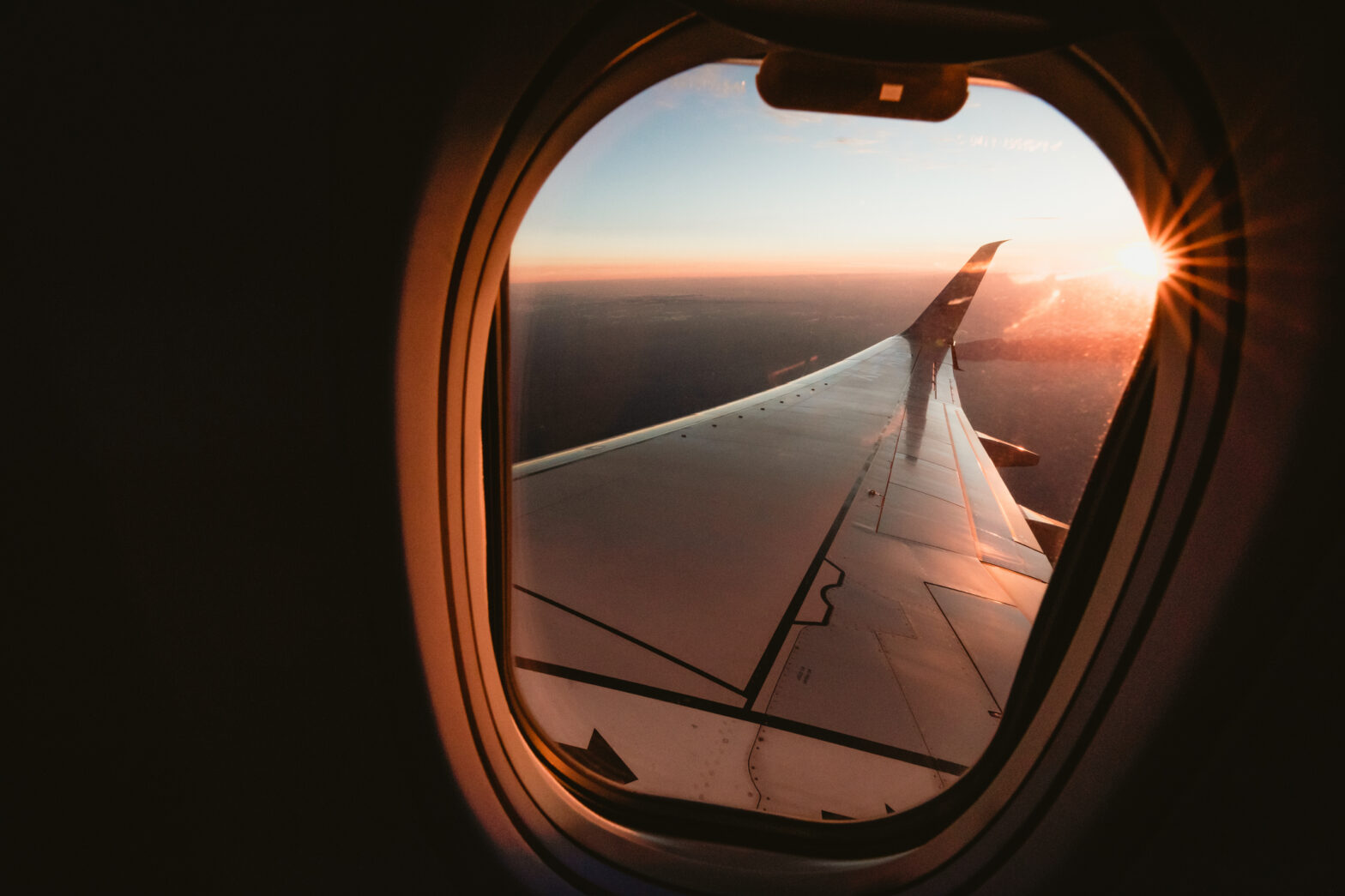Ghana has the distinction of being the first sub-Saharan nation to break from the shackles of colonialism. It achieved this on March 6, 1957, and inspired other African nations to fight for their own freedom. In 1960 alone, 17 African countries won independence, but generations of bloodshed preceded that victory.
Europeans dubbed Ghana ‘The Gold Coast’ because of its abundance of that resource. It was a British colony, but other European nations were vying for control of it years before.
Colonizers arrived in Ghana starting with the Portuguese around 1471. At that time, a handful of kingdoms co-existed in Ghana, including Ashanti, Gonja and others. The Portuguese built Elmina Castle in 1482, which was a slave-trading post. It’s believed to be the oldest example of European architecture in Ghana, and you can visit it today.
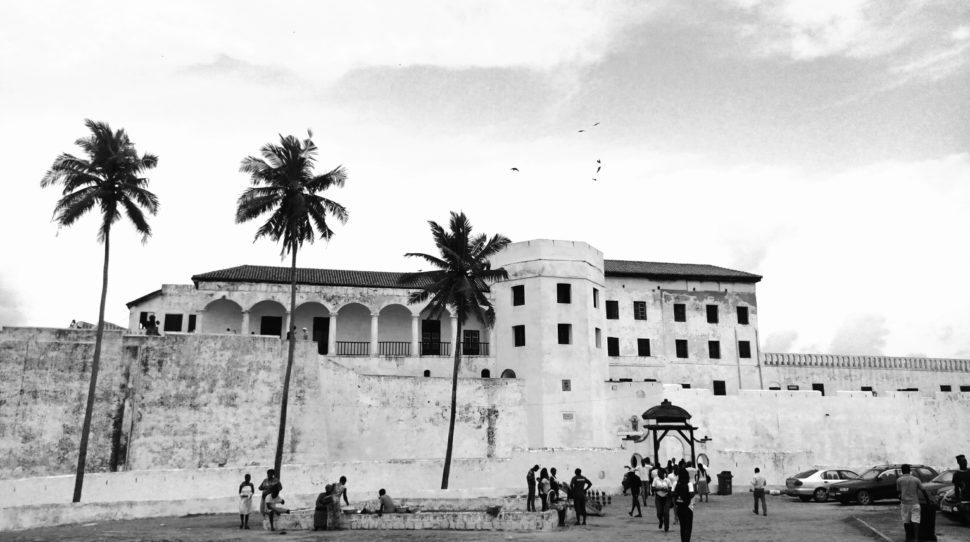
The French made their entrance next. According to History World, “a French buccaneer deprived a Portuguese ship of its precious cargo in 1492.” Gold was all the rage until Europeans discovered a more despicable means of making capital- slavery.
Sweden, Holland and Denmark also appeared in Ghana’s history at various points. And they were all there for the same reason- to exploit, divide and conquer without scruple. In addition to Ghana’s natural resources, the location was a big draw for Europeans. It’s at the western point of Africa and faces The Americas. The fortresses which dot the coast are remnants of one of the darkest chapters in human history.
Cape Coast Castle is one such fortress. The conditions for the slaves brought there were ghastly by any standard. There was no ventilation, little light and no sanitation. Rebellious slaves endured even worse treatment by being locked in dark confinement cells. Some became seriously ill or died before the journey to the Americas. Survivors were packed in ships with no chance of returning to their native land again.
According to The Culture Trip, “the fortresses housed dark dungeons, overflowing with misery and despair.” But on the upper levels was a totally different story. In Cape Coast Castle, the British governor, his officers and their families stayed in beautiful, spacious quarters. As an example of an even greater disconnect from the horrors taking place just below their feet, the colonizers attended services at the chapel on the grounds. By the 1800s, the slave trade was on its last lap, but there was no rectifying all those years of evil and suffering.
Cape Coast Castle went from being a slave dungeon to an army training facility and finally a museum. Black visitors, especially those who can trace their lineage to Ghana, report having a visceral reaction.
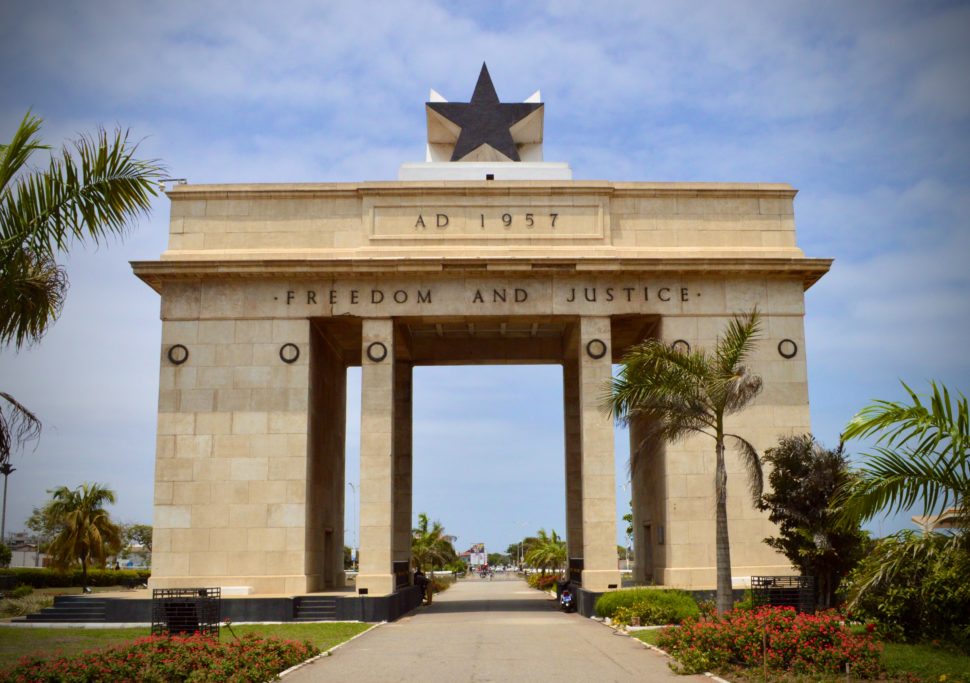
Ghana’s challenges continued well after slavery. As a newly independent country, political corruption was rampant. Its first prime minister and president was Kwame Nkurmah.
Years before he became Ghana’s leader, Nkurmah enrolled at the London School of Economics. His staunchly pro-African views landed him in hot water with British authorities. When he returned to Ghana, he ascended the political ranks, starting as the general secretary of the United Gold Coast Convention. His efforts to cut colonial ties once and for all again put him at odds with the British, who imprisoned him in 1950. He became prime minister two years later and then Ghana’s president in 1957.
Nkurmah had little patience for those with different political viewpoints. This led some to call him a dictator, and he escaped an assassination attempt in 1962. A coup d’état overthrew him in 1966 and it forced him into exile. His last country of residence was Romania, where he died in 1972.
Nkurmah wasn’t without controversy, but he was key to the overthrow of Britain. He commissioned Black Star Square in Accra, where major state ceremonies and independence day festivities have been held for years. There are three monuments: Independence Arch, The Liberation Day Monument and Black Star Gate.
Sadly, like just about every African diaspora nation, Ghana was ravaged by colonialism. But it is a survivor in every sense. It offers gorgeous national parks, lovely beaches, exciting nightlife and so much more for every traveler.
Learn more and plan a trip through the Visit Ghana website.
